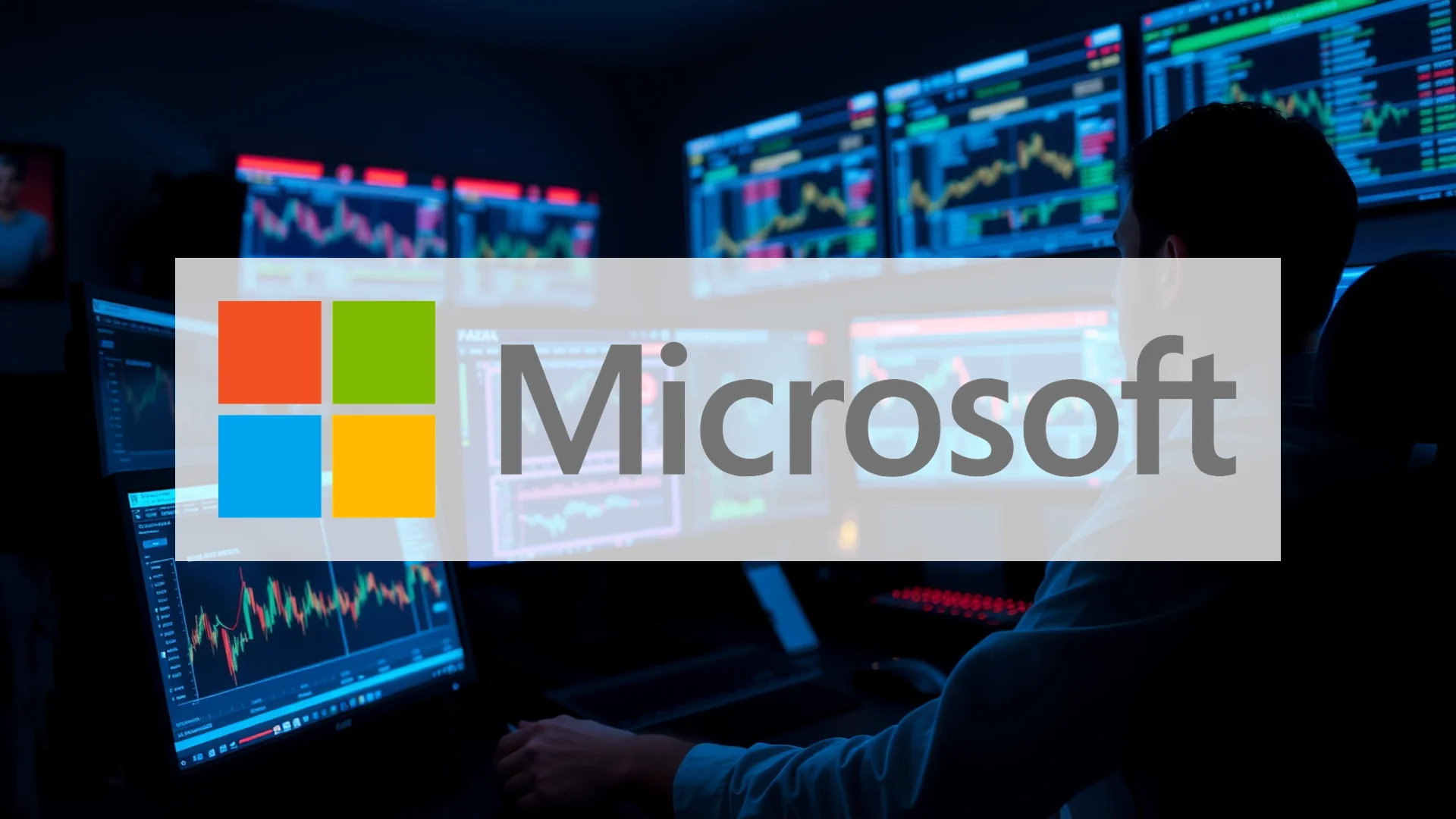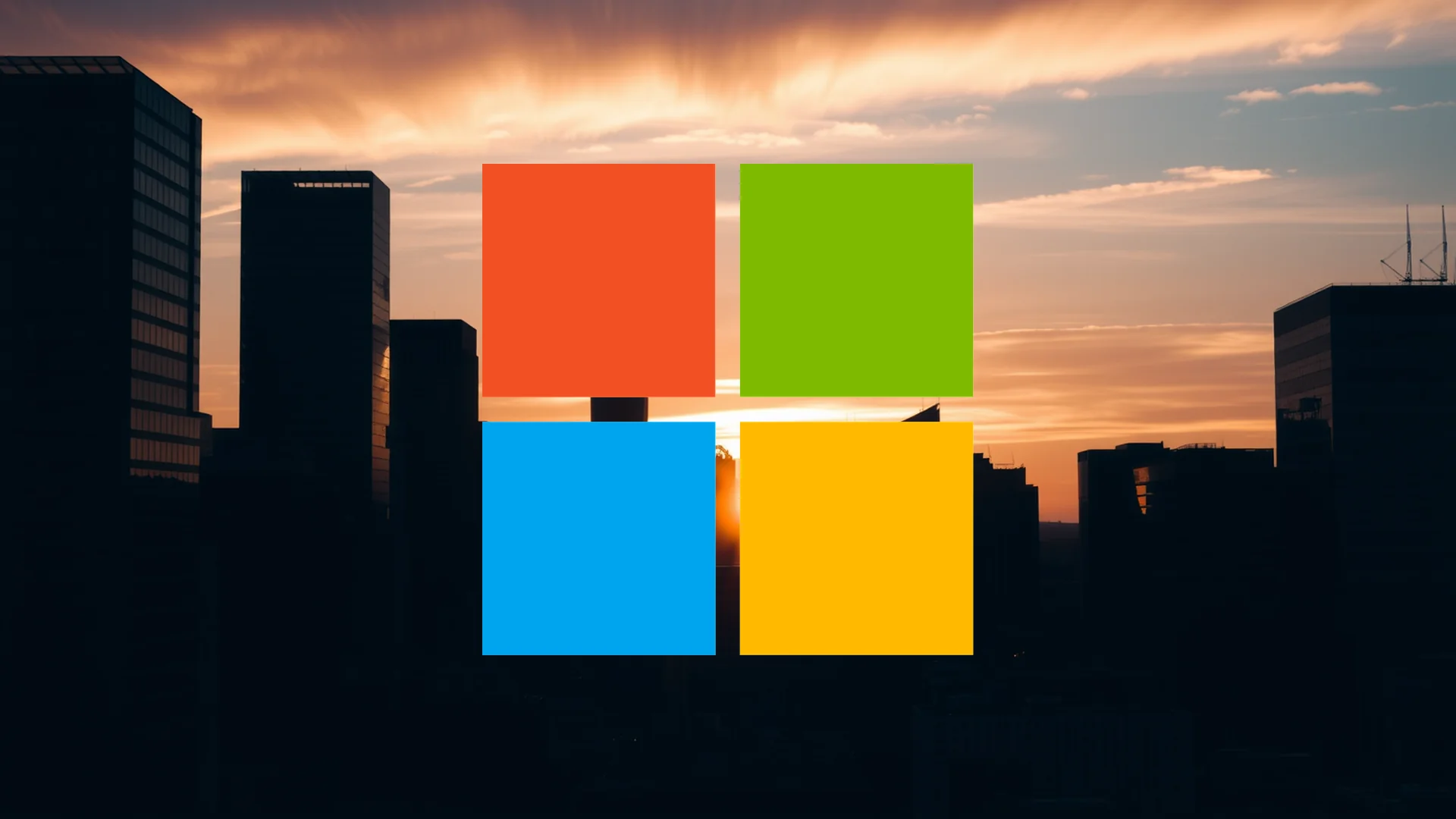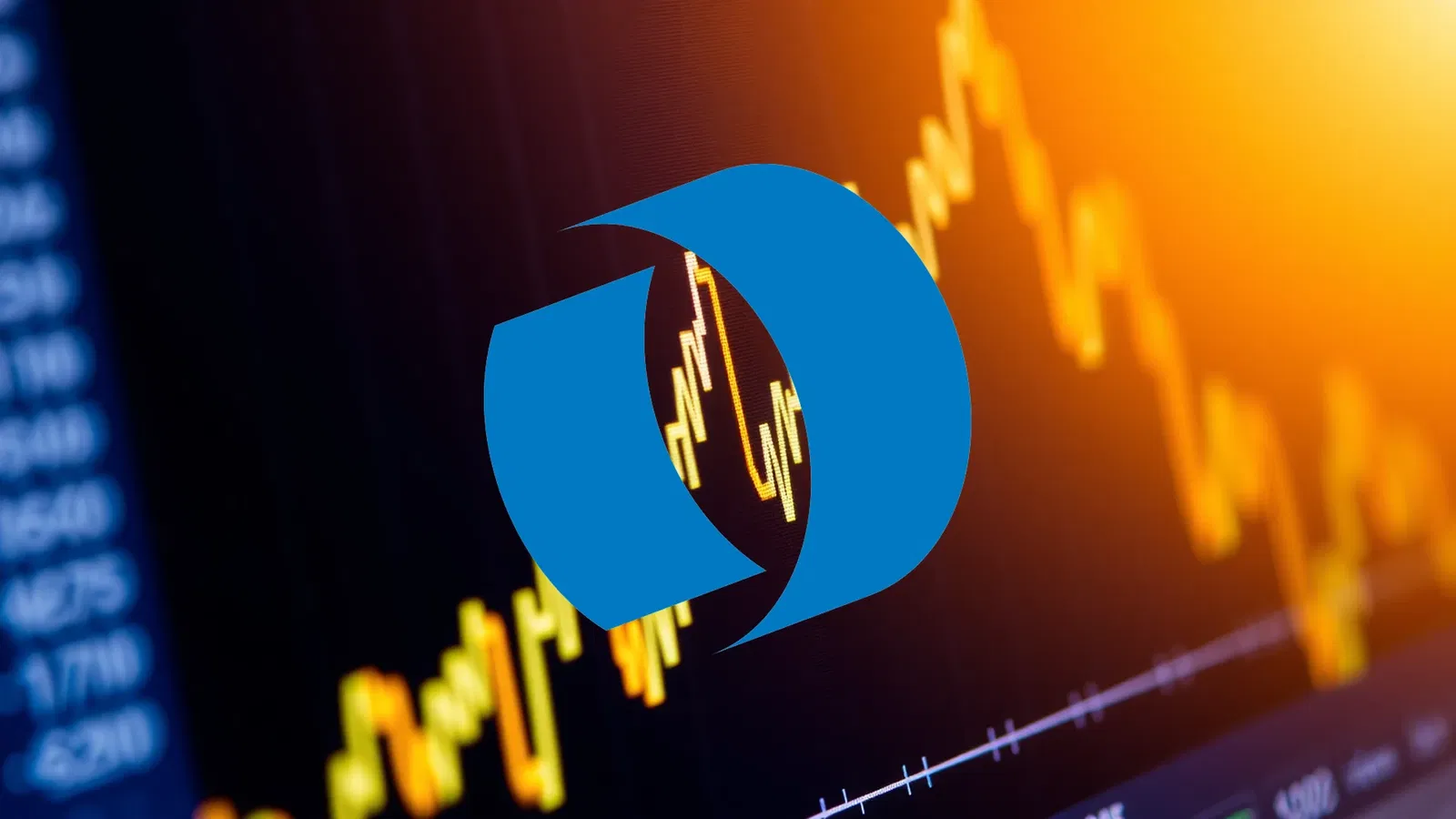Microsoft is making a decisive move in the artificial intelligence arena, signaling a potential strategic shift in its relationship with key partner OpenAI. The technology giant has unveiled its first fully in-house developed AI models, a significant step that positions it as a direct competitor in the foundational AI space it previously accessed through partnership.
The newly introduced models, MAI-1 Preview for text processing and MAI-Voice-1 for voice generation, were presented by Microsoft AI under the leadership of CEO Mustafa Suleyman. In a notable development, the MAI-1 Preview model is already accessible for evaluation on the LMArena benchmarking platform, allowing for independent performance assessment.
Strategic Independence Through Significant Investment
This development marks a potential turning point for Microsoft’s AI strategy. Where the company previously relied heavily on its multi-billion dollar investment in OpenAI to power its Copilot functionalities, it is now demonstrating capability for independent development. The computational resources dedicated to training MAI-1 underscore this ambition, with approximately 15,000 NVIDIA H100 graphics processors employed in the process—a substantial commitment of processing power.
Initial benchmark results indicate that MAI-1 currently trails behind leading models developed by Google, Anthropic, and OpenAI itself. Despite this performance gap, the strategic implications are substantial. Developing proprietary models could provide Microsoft with greater independence, potential cost reductions, and accelerated AI integration across its Windows and Office ecosystems.
Should investors sell immediately? Or is it worth buying Microsoft?
Talent Acquisition Fuels Development
Microsoft’s push toward AI independence has been accelerated through strategic hiring initiatives. The appointment of DeepMind co-founder Mustafa Suleyman represents a significant coup, with the company aggressively recruiting top AI talent through “acqui-hiring” strategies. This focused approach to talent acquisition has enabled the development of Microsoft’s first completely proprietary foundational model.
The company plans a gradual implementation strategy for MAI-1, initially integrating the technology into select Copilot features. Market observers and investors are expected to closely monitor upcoming quarterly reports to assess how these substantial AI investments impact both expenditure patterns and growth within Microsoft’s Intelligent Cloud segment.
Market sentiment remains positive despite this strategic pivot, with analysts maintaining a “Strong Buy” consensus recommendation as of late August. Whether Microsoft’s independent AI development will ultimately prove more successful than its OpenAI partnership will become clearer in the coming months as these new technologies undergo broader testing and implementation.
Ad
Microsoft Stock: Buy or Sell?! New Microsoft Analysis from February 7 delivers the answer:
The latest Microsoft figures speak for themselves: Urgent action needed for Microsoft investors. Is it worth buying or should you sell? Find out what to do now in the current free analysis from February 7.
Microsoft: Buy or sell? Read more here...









